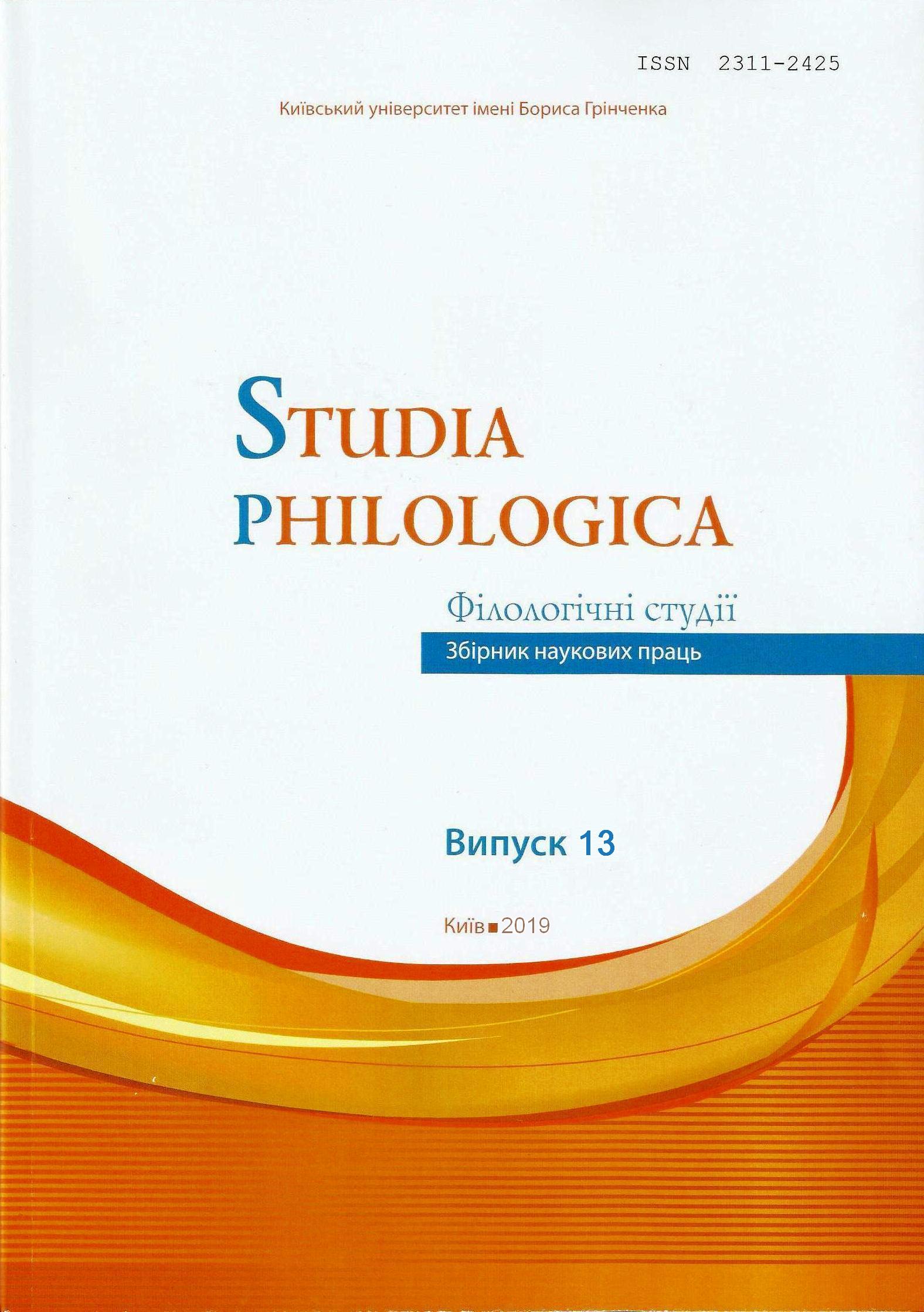THE REFLECTION OF THE LIFE OF CONFUCIUS AND HIS CLOSEST DISCIPLES IN THE "ANALECTS OF CONFUCIUS" (LUNYU) IN THE CONTEXT OF CHINESE LITERARY AND CULTURAL HERITAGE RESEARCHES: HISTORICAL-LITERARY ASPECTS
DOI:
https://doi.org/10.28925/2311-2425.2019.13.18Abstract
The aim of the proposed study is using the methods of historical and biographical analysis, modern narratological studios and elements of receptive aesthetics reveal newest aspects of the Confucius “Lunyu”( Analects of Confucius). Confucius, as a key figure in the genesis of Chinese civilization, is considered in the article from historical and literary positions, from the standpoint of the hypothetical narration nature of Confucius “Lunyu”. Key attention is paid to the analysis of portrait characteristics and the plot role in “Lunyu” of closest Confucius students.
The article analyzes in detail the period of the formation of Confucius as a person. Confucius was not only a famous thinker, but also a subtle diplomat, an experienced teacher, a strict and fair judge, led an army of ten thousand chariots, and also a simple barn keeper. Particular attention is paid to the analysis of relations between Confucius and his family, because patriarchal relations are a very important part of Confucius philosophy. Analects of Confucius are considered from the point of view of narratology and analysis of the сhronotope.
The image of Confucius in “Lunyu” is revealed through the prism of his statements. Confucius acts as a kind of prophet who comments on every action of his students, being as if “behind the scenes” of every life event that he is commenting on. The teacher’s voice conveys moral truths, revealing to a hypothetical, mental reader or listener the life experience that has been transmitted by many generations and has become the empirical basis of Chinese civilization. Confucius, as a narrator, always points to the truth directly, openly, based on life experience. There is no secret of Confucian teaching. At the same time, the voice of the thinker conveys the truth that a-priori remained "behind the scenes" of being.
The plot and "narrative" role of Confucius students in “Lunyu” is primarily aimed at accompanying the teacher. The Confucius disciples are both active characters and characters, which is a necessary component of the “Lunyu” chronotope.
Key words: Confucius, Lunyu, narration, disciples of Confucius, ancient China.


